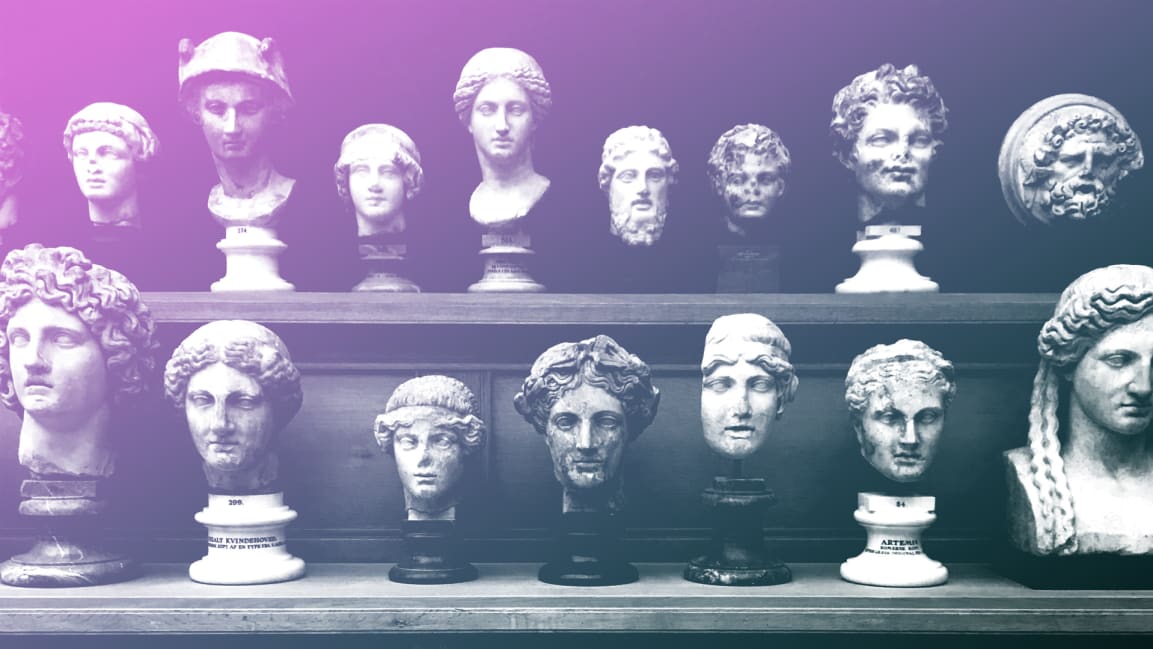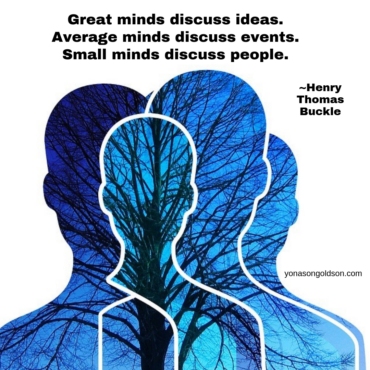 United States law requires a unanimous verdict for a conviction to assure the greatest certainty of a fair outcome. But the sages who ruled according to ancient Judean law feared precisely the opposite. When the high court of sages convened to judge a capital case, if all 23 justices agreed on the defendant’s guilt, they immediately threw the case out of court and let the accused go free.
United States law requires a unanimous verdict for a conviction to assure the greatest certainty of a fair outcome. But the sages who ruled according to ancient Judean law feared precisely the opposite. When the high court of sages convened to judge a capital case, if all 23 justices agreed on the defendant’s guilt, they immediately threw the case out of court and let the accused go free.
At first glance, this strikes us as absurd. But unconscious bias is not a new phenomenon. We are all products of our environments, and the more we limit our associations to like-minded people, the more prone we become to ideological tunnel-vision and the evils of groupthink.
That’s why, without at least one vote for acquittal, the court felt compelled to question its own objectivity. And if they couldn’t trust their own judgment, they considered it better to let a likely criminal go free than allow even the slender possibility that an innocent person might be put to death.commercial bounce house
A dissenting voice ensured that no argument in the defendant’s favor had been overlooked. Paradoxically, it was the lack of unanimity that gave the court confidence to proceed with the final, irreversible sentence of execution. The sages understood is that the more we all agree that the way forward is obvious, the greater the chance that we’ve overlooked some flaw in our own reasoning.




Add Comment